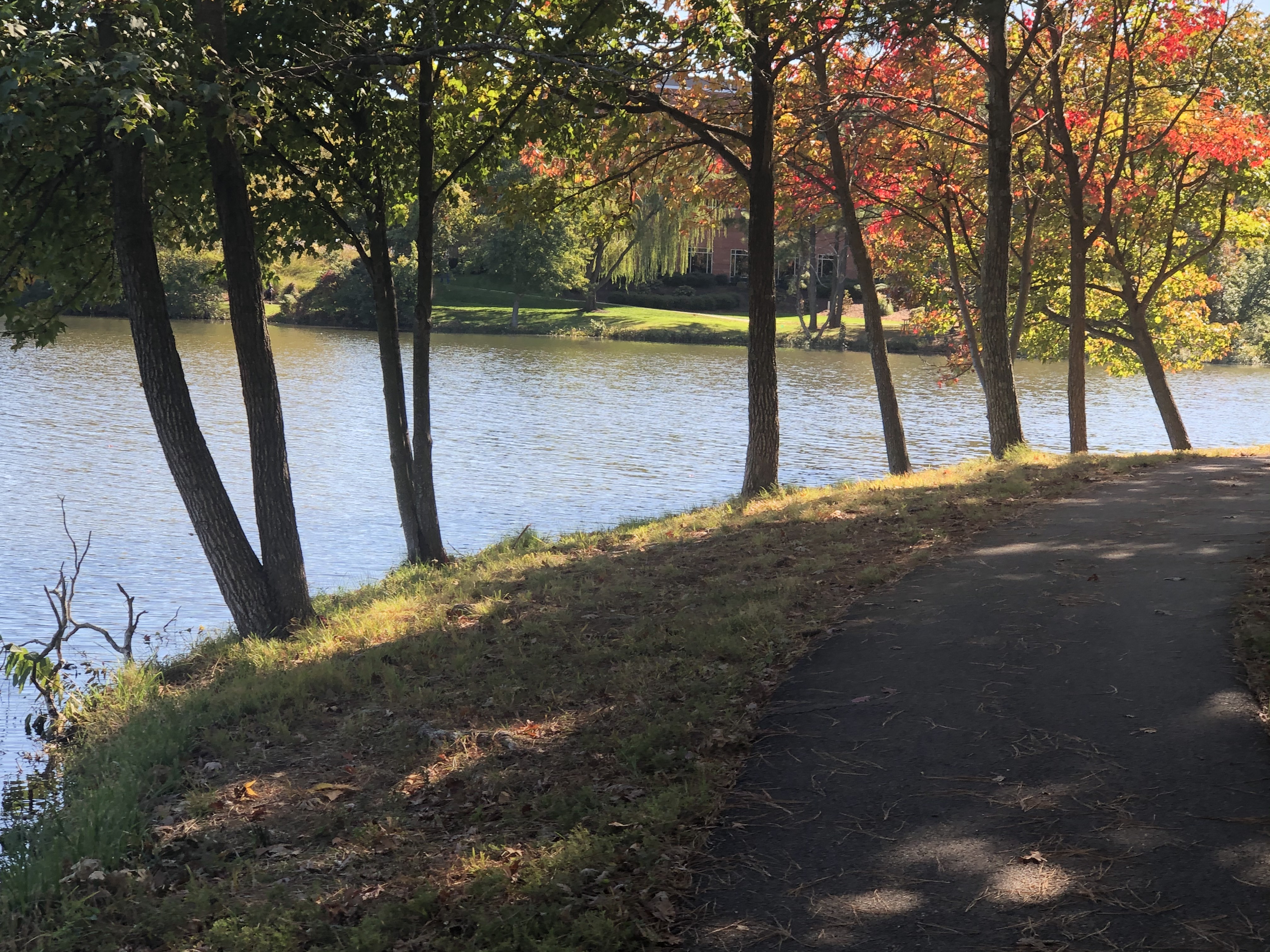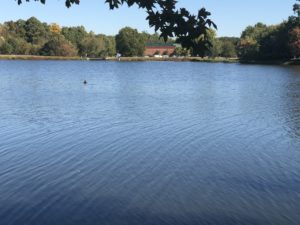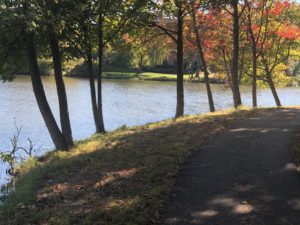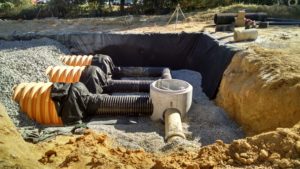
28 Oct 2019 Water Quality Responsibility In Stormwater Discharge
 The Clean Water Act (CWA) establishes the basic structure for regulating discharge of pollutants into the Waters of the United States, and regulating quality standards for surface waters. The CWA was established in 1948, but the Act was significantly reorganized and expanded in 1972. “Clean Water Act” became the Act’s common name with the amendments of 1972.
The Clean Water Act (CWA) establishes the basic structure for regulating discharge of pollutants into the Waters of the United States, and regulating quality standards for surface waters. The CWA was established in 1948, but the Act was significantly reorganized and expanded in 1972. “Clean Water Act” became the Act’s common name with the amendments of 1972.
Under CWA, EPA has implemented water quality standards for all contaminants in surface water.
One of the major issues with new development or redevelopment has become how to comply with these water quality issues. There is a trend to develop many sites to high density levels to make them financially feasible and able to compete in a market driven economy. Our job at Koontz Bryant Johnson Williams (KBJW) is to ensure that water quality standards are implemented in all of our projects and that they are economically feasible for the developer. The developer must abide by these standards and our mission is to help them achieve the greatest return on their investment.
On many sites, particularly those with limited land area, there are a multitude of Best Management Practices (BMP’s) that can be selected from the approved list at the BMP Clearinghouse. There are currently nearly 30 proprietary BMP’s that are approved for use in Virginia. They are sometimes very expensive, but don’t require a lot of land. The proprietary BMP’s include Filterra Bioretention Systems, BayFilter Stormwater Cartridge System, Perk Filter and The Stormwater Management StormFilter with Phosphosorb media. All of these have 50% removal efficiencies. There are many others with lesser efficiencies that are also acceptable.
 With larger sites that have suitable configurations and “green” areas, there are many non-proprietary BMP’s that have been approved. They tend to require more area which reduces the amount of developable land that is available for the project. BMP’s that require significant amounts of land for installation can severely impact the viability of a project. Some of the more widely used non-proprietary methods are rooftop disconnection, sheet flow, grass swales, vegetated rooftops, permeable pavement, infiltration, bio- retention, and wet ponds. There is a vast range of efficiencies for non-proprietary BMP’s depending on the particular situation. Some can be as high as 90%, while others are as low 15%.
With larger sites that have suitable configurations and “green” areas, there are many non-proprietary BMP’s that have been approved. They tend to require more area which reduces the amount of developable land that is available for the project. BMP’s that require significant amounts of land for installation can severely impact the viability of a project. Some of the more widely used non-proprietary methods are rooftop disconnection, sheet flow, grass swales, vegetated rooftops, permeable pavement, infiltration, bio- retention, and wet ponds. There is a vast range of efficiencies for non-proprietary BMP’s depending on the particular situation. Some can be as high as 90%, while others are as low 15%.
KBJW analyzes each site to determine the most cost-effective BMP. This can be accomplished by using one BMP, or as is true in most cases, a treatment train of several BMP’s working in conjunction. While the treatment train may have a higher initial cost, it is usually much more efficient and reduces the overall cost of the project.
 Whether proprietary or non-proprietary BMP’s are selected, they must be maintained by the property owner in perpetuity and yearly monitoring may be required. This can become a substantial burden on property owners, as future reporting requirements are likely to become more stringent in the future than they are today.
Whether proprietary or non-proprietary BMP’s are selected, they must be maintained by the property owner in perpetuity and yearly monitoring may be required. This can become a substantial burden on property owners, as future reporting requirements are likely to become more stringent in the future than they are today.
An alternative to installing BMP’s on-site is to purchase offsite credits from an approved Nutrient Trading Bank. These banks must be approved by the Department of Environmental Quality (DEQ) and have long term stewards who insure that the credits will always remain in a functioning capacity. Once the credits have been purchased, the property owner is relieved of all future responsibility for BMP maintenance.
The purchase of offsite nutrient credits is typically the most cost effective method of fulfilling the water quality requirement for a new or retrofitted project. This method is often recommended by KBJW whenever the option for offsite credit purchase is available.
In conclusion, on any given project, there are always several methods to consider when dealing with water quality and stormwater discharge. It is important to consult with a professional who understands your project goals and can offer the best solutions for your needs. If you have questions or need further assistance please contact Spud Mistr, PE at 804-740-9200 or by email.

